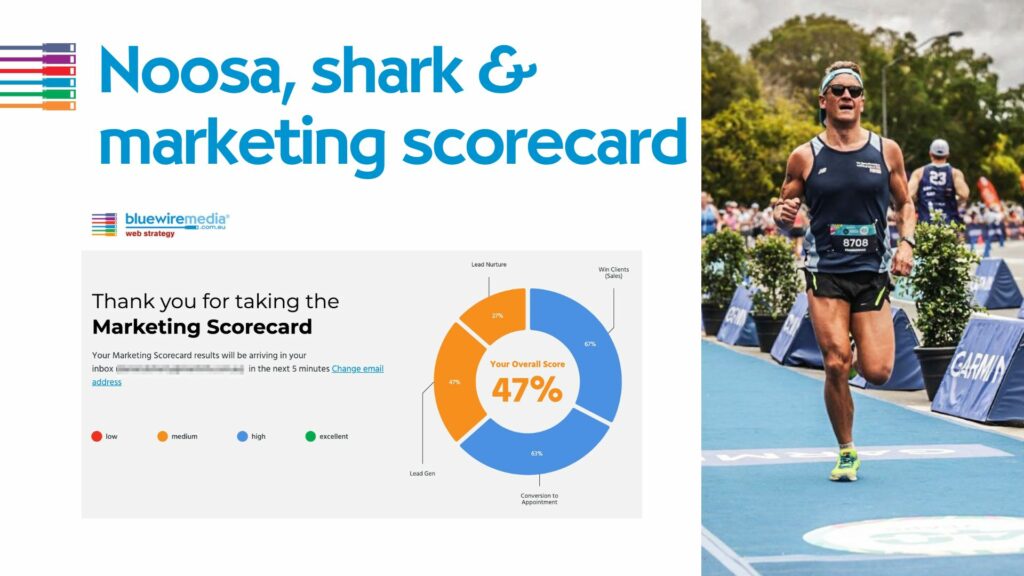Whether it’s your busiest time of the year or the break where you need to prepare for the months ahead, Christmas can be a tricky time for small business owners.
From additional staffing and stock costs to seasonal product launches, it’s important to keep your cash flow in check so you can deal with any added pressure on your business and make the most of the opportunities it brings.
Healthy cash flow ensures suppliers and staff are paid, contracts are delivered, stock is replenished and profits are earned.
In this article, we share our tips to help you keep track of your cash flow and manage it like a pro during the festive season.
Here’s what we cover:
1. Put a cash flow plan in place
Cash may be king, but it needs a well-organised calendar.
Ideally you’d make a plan for your cash flow week by week for six to 12 months in advance, but if you haven’t done this now’s the time to get things in order.
You’ll then have a schedule to measure against, so you get the most out of the festive season.
The key here is to focus on cash, not profit.
Your profit and loss plan will give you the overall picture of what you think your business can achieve, but your cash flow plan will detail how you’re going to achieve it.
2. Monitor your cash flow
It may sound simple, but it’s important to actively keep tabs on how your cash flow is doing.
Check every day if you need to, or make reminders for certain points where you can check in on your cash flow plan and how you’re tracking against it.
If you don’t have time to do it yourself, make it someone’s responsibility and ensure they’ve been trained properly.
There’s a host of apps out there that can help make this easier. Some will integrate with your accounting software, such as Futrli, which provides powerful prediction, cash flow forecasting and reporting for small businesses.
These apps can reduce the time you spend collating your info, and help you track your cash flow against your forecast.
3. Build certainty into your payments and invoicing
In business there’ll always be unavoidable delays or changing circumstances.
And if Christmas is your busy period, you don’t want to have to make up for these challenges by compromising on other areas that could generate revenue.
Here are some steps you can take to manage their impact.
Payment terms
Set clearly defined payment terms. Make sure they’re in writing and that you communicate them to your clients.
Without this you won’t know when you should get paid, or when to chase.
Invoice promptly
Send your invoice as soon as work is complete, especially during the festive season when a high proportion of businesses are busy — you won’t get paid until you do.
Send it by email so you have a record.
Get partial payments
For long contracts, get partial or staggered payments. It could be 10% deposit to get started, 40% at half way and 50% on completion.
Make sure you have enough cash flow to complete the job.
Fixed rate payment packages
Billing hourly or day rates can be very unpredictable week to week. If you have regular clients, think about setting up a retainer.
This will give you a fixed income and payment in advance, rather than an unreliable income in arrears.
Make it easy for people to pay you
Avoid asking for payment by cheque as it can be a hassle and causes delays. Bank transfer should be the norm, but direct debit could be even better.
By giving the option to be paid by direct debit, you’ll have a regular income that you won’t have to chase or manage, and it’s less effort for the client too.
4. Get extra cash flow before you need it
Christmas is one of the periods where cash flow can run quite thin for many businesses due to the added costs and custom it brings.
If you aren’t able to save enough for these lean periods across the year, then you should consider external options such as FlexiPay, a new business credit card from Funding Circle.
Spreading your costs can help you bridge cash flow gaps, and give you the certainty of knowing what you need to pay back each month.
5. Have a contingency plan in place
If the past few years have taught us anything, it’s to prepare for the unexpected, and contingency planning has become a key area for businesses of all shapes and sizes.
What would you do if you lost a big contract, or a big stock order was delayed ahead of the festive season due to demand? How long would you have to win new business? Should you get
finance now to make yourself more resilient? Have answers ready for all these questions and you’ll be well-equipped to deal with difficult periods. You can find out more about contingency planning in our recent resilience report.
Final thoughts
By having the right protocols in place and always staying one step ahead of your cash flow, you can lead your business to success and start to focus on growth.



